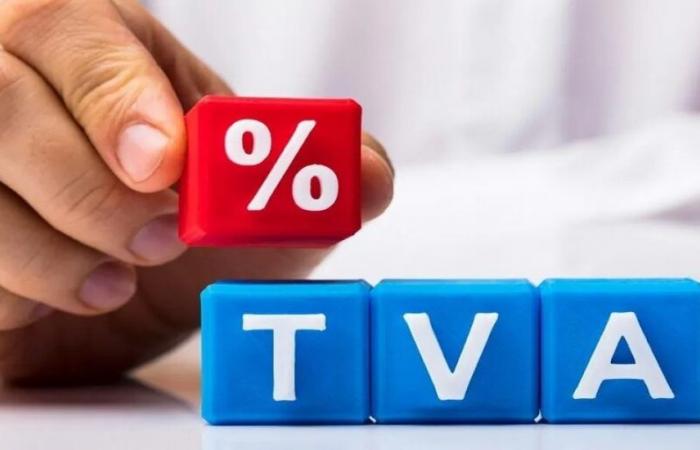The digital VAT reform introduced by the 2025 Finance Law marks a turning point in Morocco’s tax landscape, particularly with regard to e-commerce and dematerialized services. This new legislative framework aims to modernize and adapt the Moroccan tax system to the digital age, a sector in constant evolution. This reform has implications not only for consumers, but also for service providers, both domestic and international.
The introduction of digital VAT is transforming the way e-commerce businesses interact with their customers. Indeed, according to the 2025 Finance Law, VAT will now apply to any transaction involving digital services provided to Moroccan customers, even if the latter are abroad during the transaction. This change aims to “reduce tax disparities between local and international players” and to guarantee fair competition between Moroccan and foreign service providers, according to the 2025 Finance Law. Consequently, Moroccan companies operating in the field of electronic commerce must prepare for more complex tax management and the integration of new tax domiciliation criteria.
The digital VAT reform introduces several criteria to determine whether a customer is tax domiciled in Morocco, regardless of their physical location at the time of purchase. According to the new provisions, a customer is considered to be domiciled for tax purposes in Morocco if “he provides an address in Morocco for issuing the invoice, if he pays via a bank card issued by a Moroccan institution, if he uses an address Moroccan IP or if it uses the Moroccan international telephone code”, still according to the Finance Law 2025. These criteria aim to facilitate the identification of Moroccan customers by non-resident companies providing services. dematerialized. Although this measure allows for more precise identification of customers, it also raises questions about the protection of personal data and the complexity of the process for consumers who make online purchases.
Foreign digital service providers must also prepare for the implications of digital VAT. Under the new legislation, “non-resident companies will have to apply Moroccan VAT on services provided to Moroccan customers, in accordance with the tax domiciliation criteria”, according to the Finance Law 2025. This implies that foreign companies will have to establish VAT collection and remit mechanisms, which could result in additional administrative costs and a need for tax compliance. This measure could, however, have a beneficial effect by encouraging international providers to adapt to local tax rules, thus strengthening the regulation of the digital sector.
Applying digital VAT presents logistical challenges, particularly when it comes to collecting and managing consumer data. The Ministry of the Economy and Finance, aware of the issues linked to this reform, underlined the need for a “computerized digital VAT management system”, in order to facilitate the monitoring of transactions and ensure more efficient collection. effective. However, businesses will need to invest in data processing technologies and payment systems adapted to the new tax domiciliation criteria, which could be an obstacle, particularly for small businesses or those that have not yet integrated digital solutions advances.
Impacts on Moroccan businesses and consumers
This reform will have direct repercussions on Moroccan consumers. By introducing taxation of digital services and online purchases, “consumers will have to expect an increase in the cost of certain dematerialized services and products” specifies the Ministry of Economy and Finance. However, this reform could also improve online tax transparency and provide greater fairness between local and international providers, which is an important step forward for tax fairness. Consumers will need to be informed of the new rules to avoid confusion when shopping online.
The digital VAT reform also presents a challenge for Moroccan companies, which will have to comply with these new rules. In particular, “local companies will have to adjust their accounting and tax systems to integrate the collection of VAT on digital services provided to Moroccan customers”, according to the Finance Law 2025. Moroccan companies will have to ensure their tax compliance in order to avoid sanctions and optimize their invoicing processes. This adaptation could, however, benefit businesses in terms of competitiveness, particularly vis-à-vis foreign service providers, thanks to fair application of VAT.
Thus, the digital VAT reform introduced by the 2025 Finance Law is a strategic initiative which aims to modernize Moroccan taxation and strengthen equity between local and international economic actors in the field of digital services. However, this reform is accompanied by logistical and technological challenges for Moroccan companies, and raises concerns relating to the security of consumer data. If implemented well, it could have beneficial effects on the competitiveness of the e-commerce sector while providing greater tax transparency.






